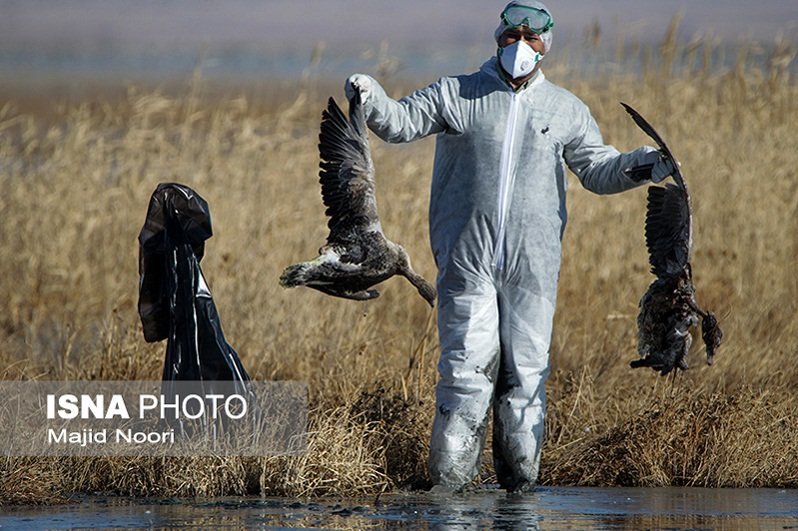No human cases of avian flu reported in Iran

TEHRAN — Despite the outbreak of avian flu among the birds in the northern province of Gilan and also Tehran, no human cases of avian flu has been reported in Iran, head of communicable diseases department of the Ministry of Health has said.
Following the news of finding three dead birds diagnosed with avian flu in Tehran Chitgar Lake, the fear over human outbreak grow.
However, Mohammad Mahdi Guya, has recently explained that the birds found dead in Tehran were diagnosed with a different and type of avian flu (H5N8) rather than the one found in northern cities (H5N6).
“Anyhow there is no need to be worried about human outbreak as there has been no human cases reported in Iran ever,” ISNA quoted Guya as saying.
All those who are in direct contact with birds and poultry receive vaccination, however, people should avoid purchasing or haunting wild birds for the time being.
The National Health and Family Planning Commission (NHFPC) of China has notified World Health Organization (WHO) in 2016 of two laboratory-confirmed cases of human infection with avian influenza A (H5N6) virus.
WHO risk assessment
According to the WHO official website the organization, through its Global Influenza Surveillance and Response System (GISRS), continues to closely monitor the avian influenza A (H5N6) virus and other zoonotic influenza events. So far, the overall public health risk associated with the avian influenza A (H5N6) virus has not changed. Avian influenza A (H5N6) viruses have caused severe infection in humans, and thus far, human infections with the virus seem to be sporadic with no ongoing human-to-human transmission. However, the specific risk associated with the virus strains infecting the reported cases will be assessed when the viruses are received and characterized in the GISRS laboratories.
The risk of international disease spread is considered to be low at this point in time.
Meanwhile, WHO advises that travelers to countries with known outbreaks of avian influenza should avoid, if possible, poultry farms, contact with animals in live bird markets, entering areas where poultry may be slaughtered, or contact with any surfaces that appear to be contaminated with feces from poultry or other animals. Travelers should also wash their hands often with soap and water, and follow good food safety and good food hygiene practices.
MQ/MG

Leave a Comment